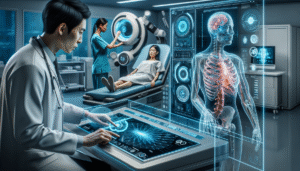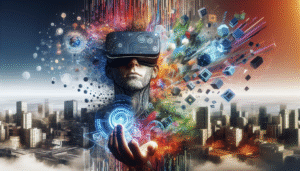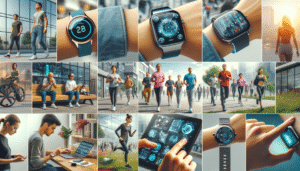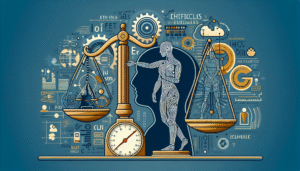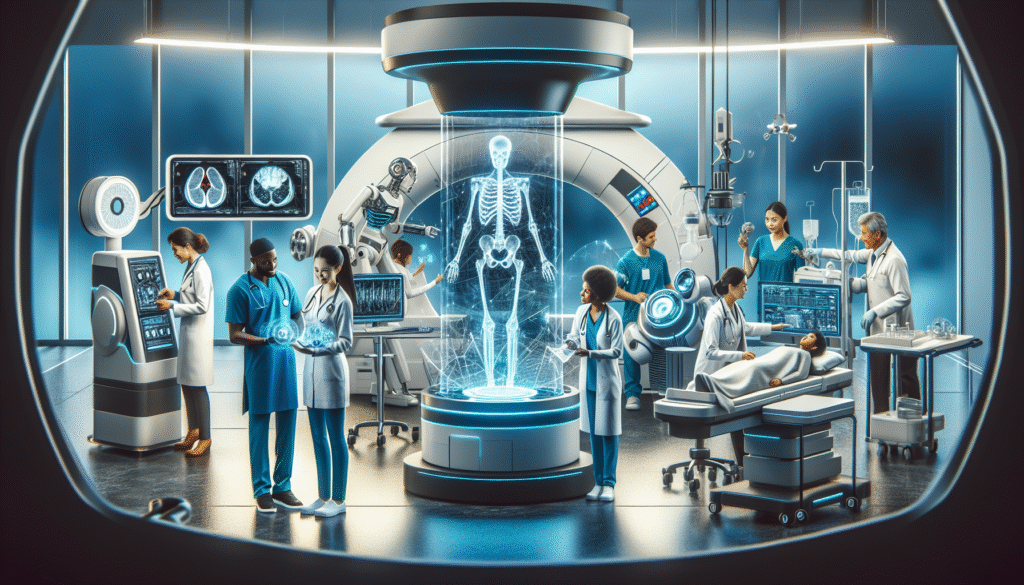
The Transformative Touch of Technology in Healthcare
Technology’s impact on healthcare is undeniable, revolutionizing patient care, diagnosis, treatment, and research. From artificial intelligence diagnosing diseases to wearable devices monitoring vital signs, the digital health landscape is constantly evolving, offering exciting possibilities and addressing persistent challenges.
Enhanced Diagnostics and Treatment with Cutting-Edge Technology
Medical imaging techniques like MRI, CT scans, and PET scans, powered by advanced software, provide detailed visualizations of internal organs, enabling earlier and more accurate diagnoses. Robotic surgery allows for minimally invasive procedures with increased precision, smaller incisions, and faster recovery times. 3D printing creates customized prosthetics, implants, and surgical guides tailored to individual patient needs, revolutionizing personalized medicine.
The Rise of Telemedicine: Bridging the Healthcare Gap
Telemedicine connects patients and healthcare providers remotely, overcoming geographical barriers and increasing access to specialized care, particularly in underserved areas. Virtual consultations, remote monitoring, and digital therapeutics empower patients to manage their health proactively from the comfort of their homes, reducing hospital readmissions and improving overall health outcomes. This increased accessibility also plays a crucial role in managing chronic conditions and providing timely interventions.
Big Data and Analytics: Unveiling Insights for Better Care
The healthcare industry generates vast amounts of data. Big data analytics tools process and analyze this data, identifying patterns and trends that can improve diagnosis, personalize treatment plans, predict disease outbreaks, and optimize resource allocation. Predictive analytics can identify individuals at high risk for certain conditions, allowing for preventative measures and early intervention.
Artificial Intelligence: The Future of Healthcare?
AI algorithms are transforming healthcare by automating tasks, analyzing medical images, and assisting with diagnosis. Machine learning algorithms can identify subtle anomalies in medical images that might be missed by the human eye, leading to earlier and more accurate diagnoses of cancers and other diseases. AI-powered chatbots can provide patients with instant answers to their health questions, freeing up healthcare professionals’ time for more complex cases.
The Power of Wearable Technology: Empowering Patients
Wearable devices, such as smartwatches and fitness trackers, monitor vital signs like heart rate, blood pressure, and sleep patterns, providing valuable data for both patients and healthcare providers. This real-time data allows for personalized health insights, early detection of potential health issues, and proactive management of chronic conditions. The integration of wearable data with electronic health records provides a holistic view of patient health, empowering informed decision-making.
The Internet of Medical Things (IoMT): Connecting the Healthcare Ecosystem
IoMT connects medical devices and equipment to the internet, enabling remote monitoring, data collection, and analysis. Connected devices like insulin pumps, pacemakers, and inhalers provide real-time data on patient health, enabling timely interventions and personalized treatment adjustments. This interconnectedness facilitates proactive care, reduces hospital readmissions, and improves patient outcomes.
Blockchain Technology: Enhancing Security and Transparency
Blockchain technology enhances data security and transparency in healthcare by creating a secure and immutable record of patient data. This decentralized system allows for secure sharing of medical records between healthcare providers, empowering patients with greater control over their health information. Blockchain can also streamline administrative processes, reducing costs and improving efficiency.
Challenges and Ethical Considerations of Technological Advancements
While technology offers immense potential, it also presents challenges and ethical considerations. Data privacy and security are paramount concerns, requiring robust cybersecurity measures to protect sensitive patient information. The potential for bias in AI algorithms needs careful consideration to ensure equitable healthcare delivery. Ethical frameworks and regulations are crucial to navigating these challenges and ensuring responsible implementation of technology in healthcare.
The Role of Cybersecurity in Protecting Patient Data
Protecting patient data is crucial in the digital age. Healthcare organizations must implement robust cybersecurity measures to safeguard against data breaches and cyberattacks. Strong encryption, multi-factor authentication, and regular security audits are essential to maintaining the confidentiality, integrity, and availability of patient information. Investing in cybersecurity infrastructure and training healthcare professionals on best practices are vital for building a secure healthcare ecosystem.
Navigating the Future of Healthcare with Technology
Technology will continue to reshape the healthcare landscape, offering innovative solutions to improve patient care, enhance efficiency, and reduce costs. Embracing these advancements while addressing the ethical and practical challenges is essential for realizing the full potential of technology in healthcare. Collaboration between healthcare professionals, technology developers, and policymakers is crucial for creating a future where technology empowers healthier lives for all.







